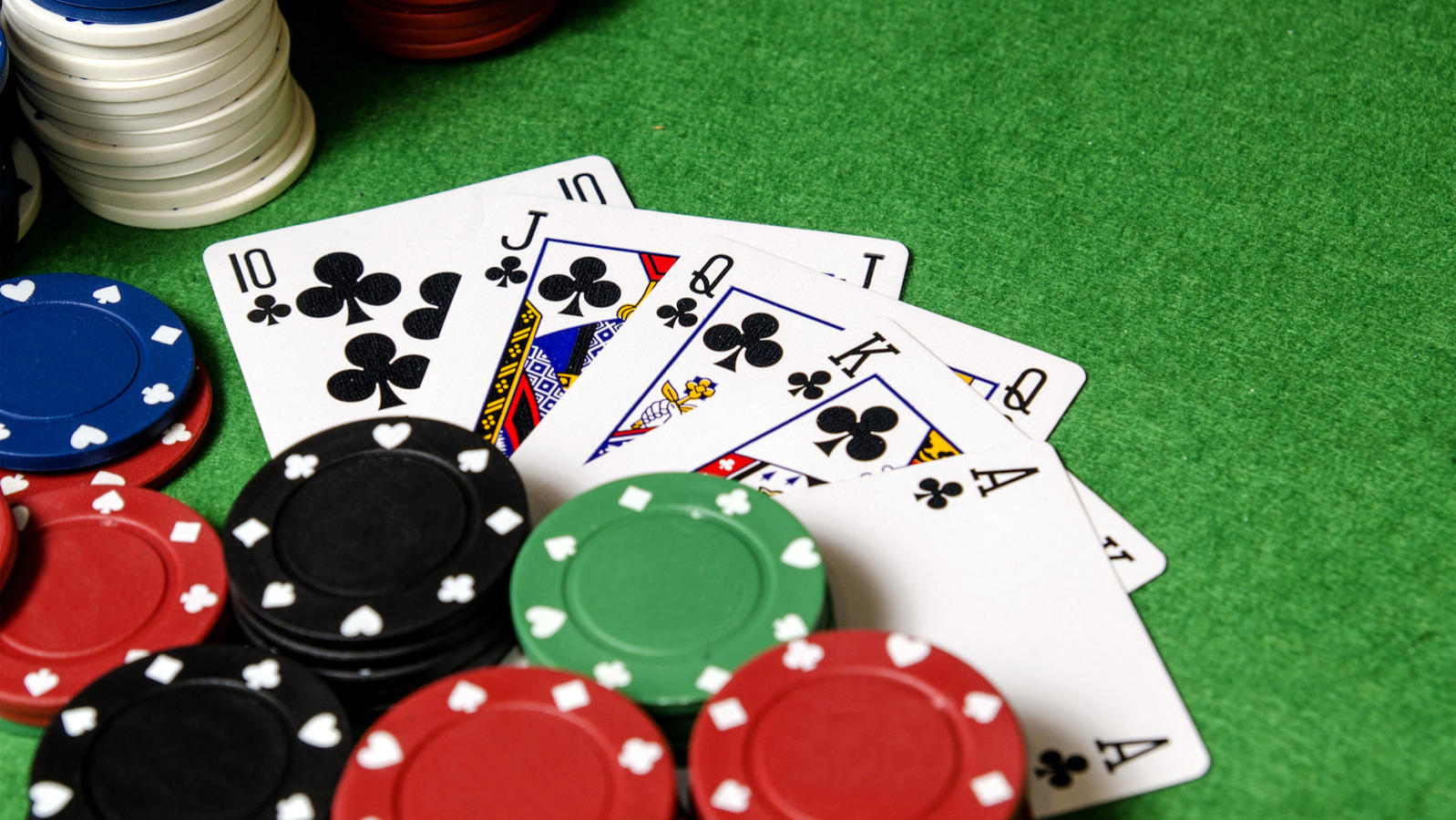From the humble beginnings of the Liberty Bell to the virtual realities of today, slots continue to evolve, adapt, and capture the hearts of millions. As technology propels the industry forward, the magic of spinning reels, chasing jackpots, and exploring captivating narratives remains a cornerstone of modern entertainment – a testament to the enduring appeal of slots. Remember, while enjoying the thrills, it’s essential to keep the joy responsible and the play mindful. Redefining Luck The Evolution of Slot Machines Slot machines have long held a prominent place in the world of gambling and entertainment, offering players the chance to win big while relying on luck. Over the years, these machines have undergone a remarkable evolution, transforming from simple mechanical devices to complex digital marvels that blend technology, psychology, and entertainment in unprecedented ways.
The roots of slot machines can be traced back to the late 19th century, with the invention of the first mechanical slot machine by Charles Fey. This “Liberty Bell” machine had three spinning reels and a handful of symbols, including the iconic Liberty Bell, which would become the symbol of the slot machine industry. Players would pull a lever to set the reels in motion, hoping to align the symbols for a winning combination. This mechanical simplicity marked the beginning of a revolution in gambling. As technology advanced, so did the slot machine. The mid-20th century saw the introduction of electromechanical machines, which added flashing lights and electronic sounds to enhance the player experience. The themes of these machines expanded beyond traditional fruit symbols to include various themes, from cowboys to space exploration. However, it wasn’t until the late 20th century that the real transformation occurred with the advent of video slot machines.
Video slots brought a new level of interactivity and engagement to the game. These machines featured digital displays and allowed for more complex graphics, Slot hoki animations, and bonus rounds. The incorporation of random number generators (RNGs) ensured fairness while maintaining the element of chance. Themes became more diverse, drawing inspiration from pop culture, movies, and even video games. Players were no longer pulling a physical lever but tapping buttons on a digital screen. The internet age further revolutionized slot machines with the emergence of online casinos. Players could now enjoy their favorite slots from the comfort of their homes, and game developers could experiment with innovative features that were not possible in physical machines. Progressive jackpots, where a portion of each bet contributes to a growing jackpot, became a popular addition, enticing players with the promise of life-changing wins.





